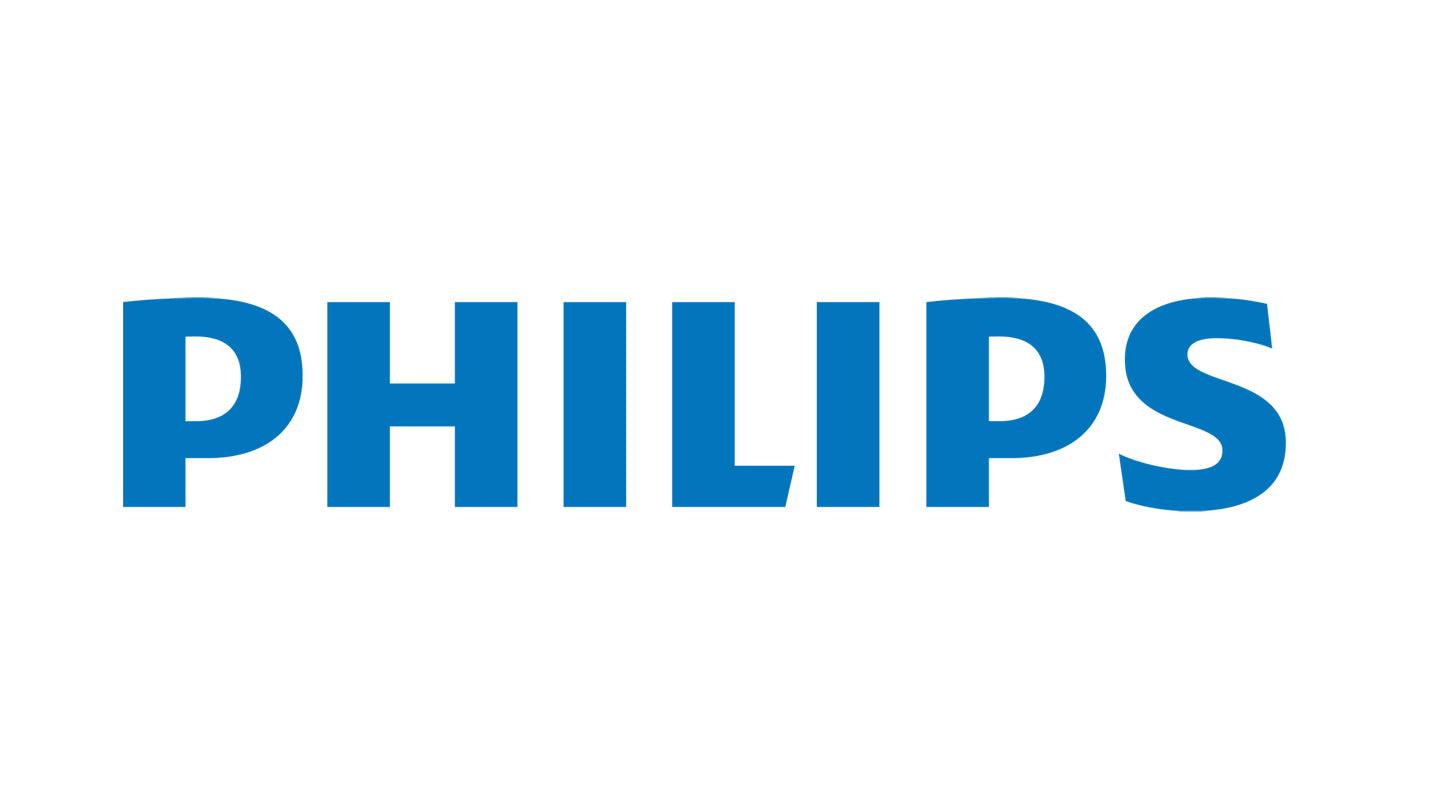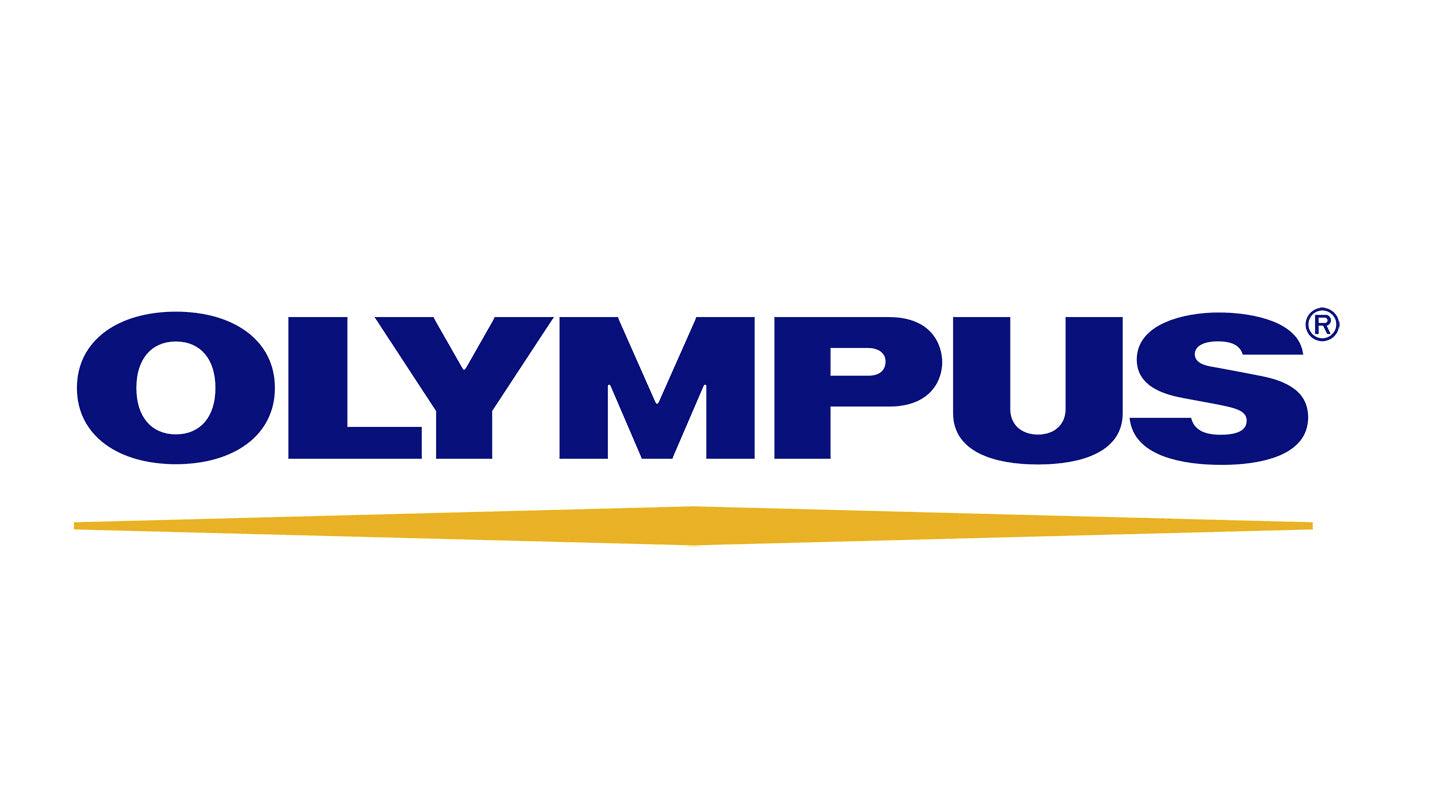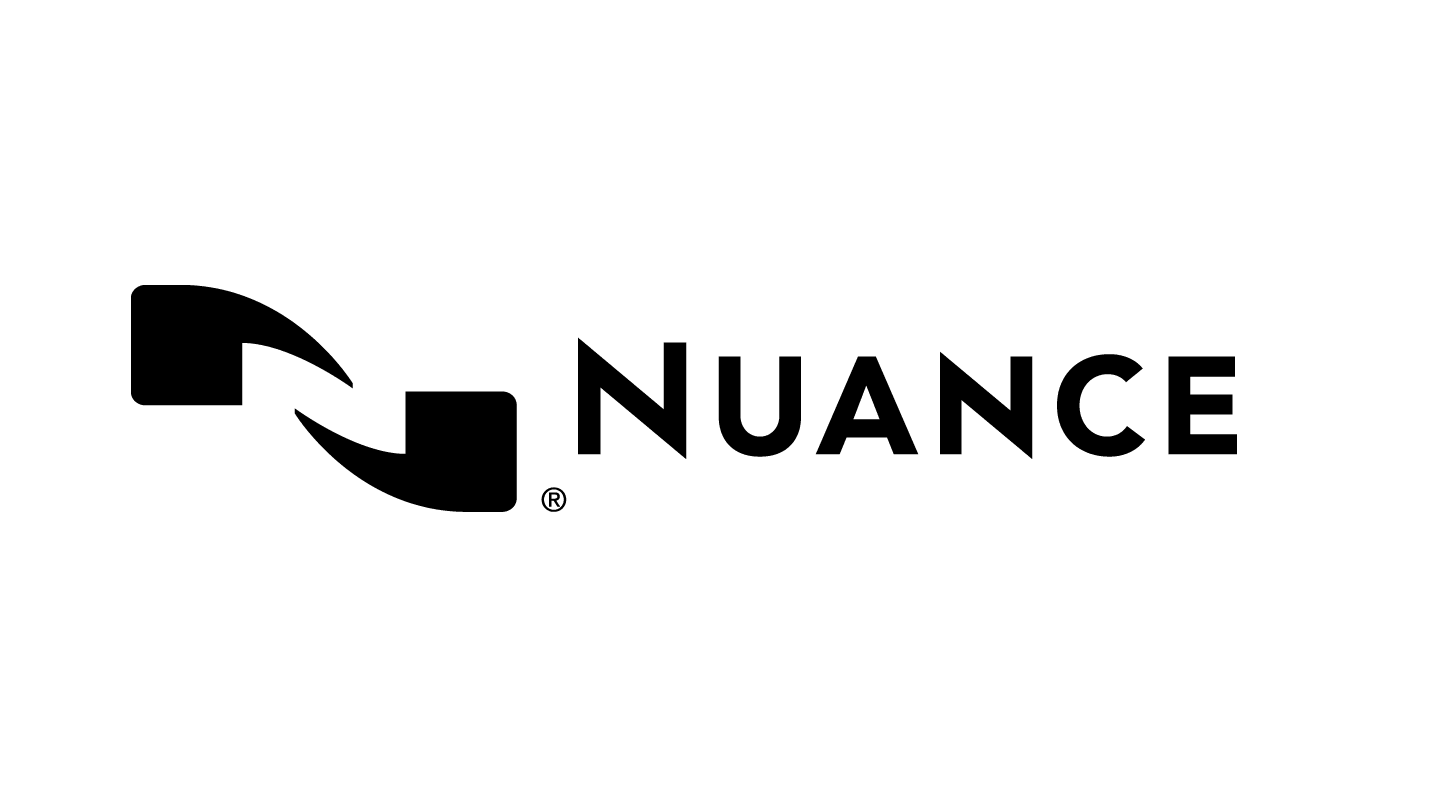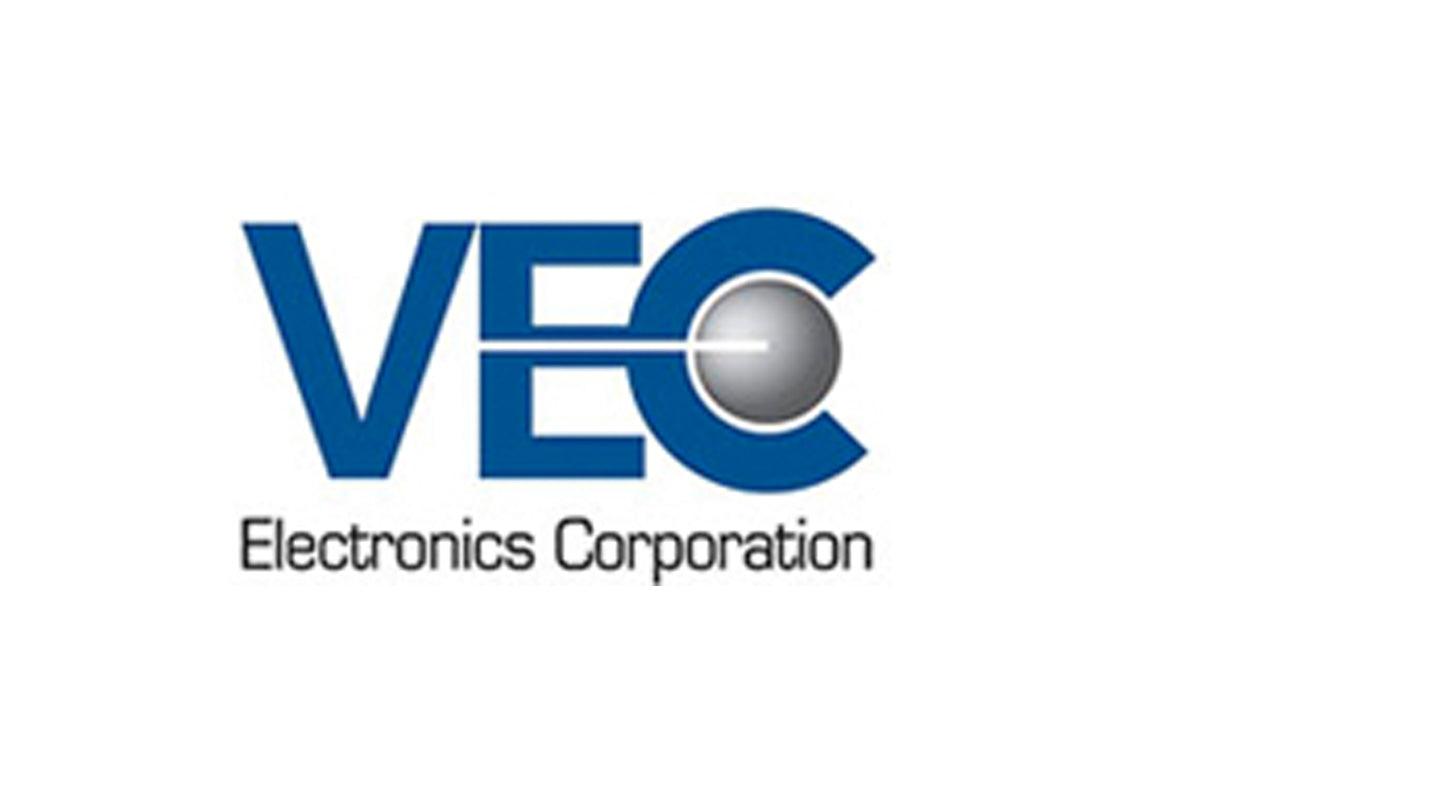Dictaphones have played a significant role for professionals across various industries. From their humble beginnings to modern-day advancements, these devices offer a range of features that cater to the needs of users. Let's explore the history, functionality, benefits, and future of dictaphones.
History and Evolution of Dictaphones
Early Development :
Thomas Edison's invention of the phonograph laid the groundwork for dictation machines. In 1907, Alexander Graham Bell received the patent for the first practical dictation device named the Dictaphone. The initial models used wax cylinders or vinyl records to store recordings.
Transition to Digital Dictation
A major shift occurred in the late 20th century when dictaphones moved from analog to digital formats. Digital dictation significantly improved several factors including sound quality, portability, and ease of use. Digital recorders store information on memory cards or internal storage instead of physical tapes.
How Dictaphones Work :
Dictaphones capture audio input through a built-in microphone or an external attachment. This audio is then converted into digital format and stored on the device's memory. Recordings can be played back, edited, and transferred to other devices for transcription or archival purposes.
Applications and Uses of Dictaphones
Dictaphones are used in a wide range of sectors:
Medical Transcription:
Healthcare professionals use dictaphones to record patient notes, medical histories, and dictations for reports, streamlining their documentation process.
Legal Documentation: These devices are heavily utilized for efficient recording and transcribing of depositions, client meetings, and courtroom proceedings.
Business Meetings and Interviews: Dictaphones are a convenient way to record conversations, brainstorming sessions, and important decisions during meetings, conferences, and interviews.

Benefits of Using Dictaphones
Efficiency and Productivity: Dictaphones automate the process of recording and transcribing audio, saving users considerable time and effort.
Accuracy and Clarity: By capturing spoken words with exceptional clarity, dictaphones help ensure accurate documentation and prevent misinterpretation.

Choosing the Right Dictaphone
When choosing a dictaphone, consider these crucial factors:
- Recording quality
- Storage capacity
- Battery life
- Compatibility with transcription software
- Budget constraints
Popular brands like Philips, and Olympus offer a comprehensive selection of devices to fulfill various requirements.

Top Dictaphone Recorders in 2024
Tips for Effective Dictation
Speak clearly and precisely to ensure accurate transcription. Organize your thoughts and ideas before dictating to increase clarity of your recordings. Review and edit recordings for completeness before finalizing.
The Future of Dictaphones
Dictaphones will continue to evolve alongside these emerging technological advancements:
- Voice recognition software enabling real-time transcription and voice commands.
- Smartphone Mobile app Record on the go from anywhere using our smartphone app
- Integration with artificial intelligence and automation allowing dictaphones to perform complex tasks such as language translation and data analysis.
- Cloud Dictation : Like Philips speechlivve a browser-based dictation and transcription solution which converts your speech to text.

Frequently Asked Questions (FAQs)
Meet our experts
For personalized support and expert guidance, our team of specialists is ready to assist you. Whether you're seeking advice on the best digital dictation solutions for your needs or have specific questions about our platform, our experts are here to help. With years of experience and a deep understanding of digital dictation technology, they can provide you with tailored recommendations to enhance your workflow and productivity. To meet our experts and learn more about how we can support your digital transformation, contact us today
Contact us





